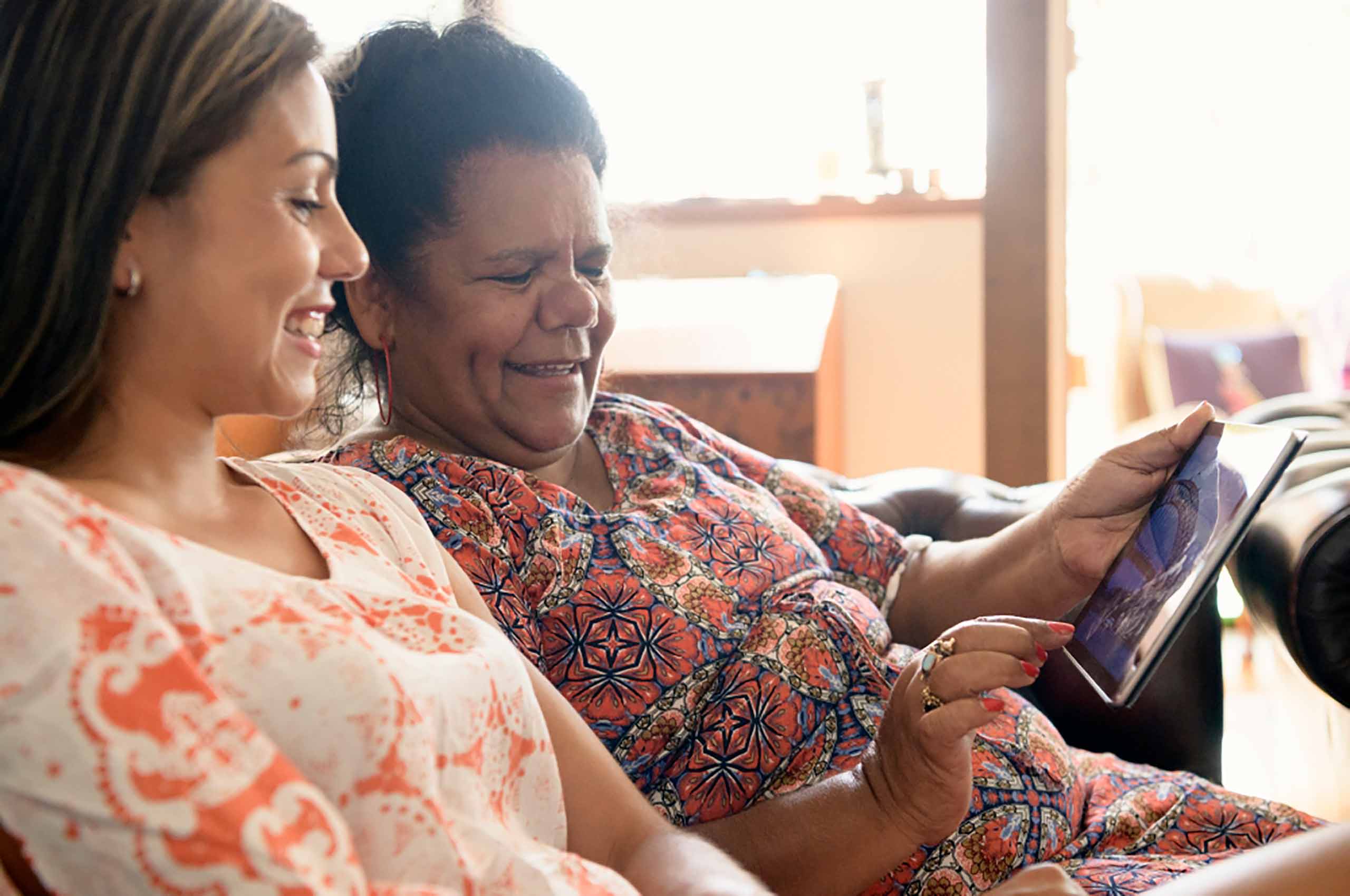
Care Economy Research Institute (CERI)
Leading world class, multi-disciplinary research to improve health and well-being across Australia.
Our research spans across the Care Economy

$35 million boost to Care Economy
Led by La Trobe University, the Care Economy CRC has been awarded $35m in federal funding through a CRC grant. The $129 million, 10-year partnership of 60 organisations across Australia will collaborate on care technology, data solutions and workforce innovation to address challenges crippling the sector.

Care Economy Collaborative Network
We bring together researchers and industry to solve the challenges in the Care Economy. Learn how you can collaborate with us.
Events
No upcoming events at the moment. Check back soon.
News
-

Survivors struggle to access cancer rehabilitation
Cancer rehabilitation programs have doubled in a decade, but patient access remains limited.
-

MINDSET team named finalists in 2025 Eureka Prize
Project aims to improve dementia assessments for non-English speakers.
-

End-of-life app helps people build a care network
The HELP app enables users to build a community of care.
